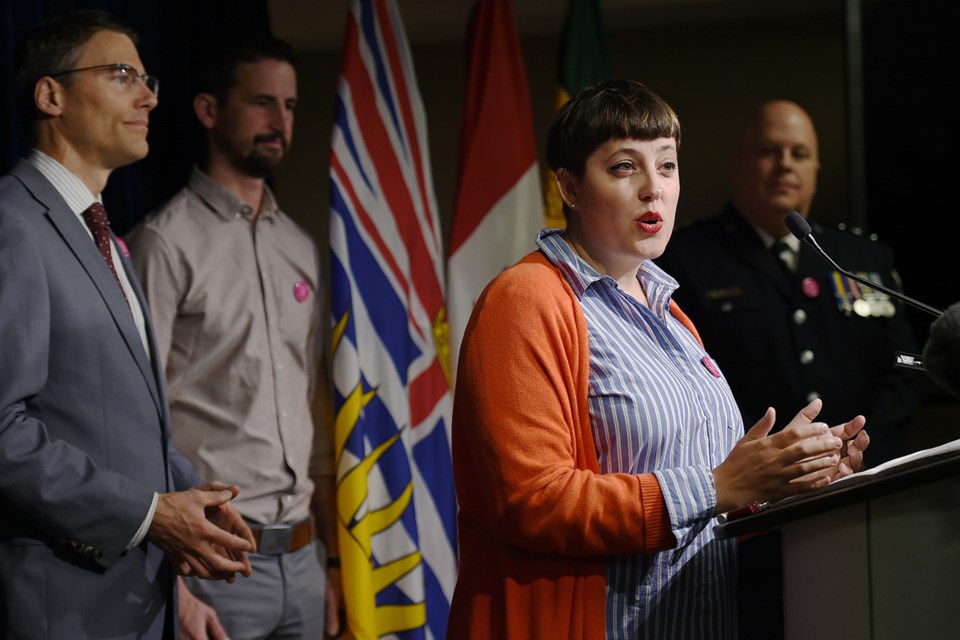Janitors and security guards will be among the contracted workers to the city, park board and Â鶹´«Ă˝Ół»Police Department who will get paid more in wages and benefits now that all three civic agencies have been certified as so-called “living wage” employers.
The certification, which was granted by the Living Wage for Families Campaign, means all workers contracted by the agencies will be guaranteed a living wage of $20.62 in wages and benefits. That boost in pay and benefits translates to a $600,000 annual investment from the city and park board, and another $40,000 from the police department.
All city employees already earn a living wage.
“We’ve identified that about 70 per cent of the contracts that we issue that are service-related will now be in scope for this going forward,” said Nick Kassam, the city’s chief procurement officer. He noted the city spends about $300 million annually on contracted goods and services. “So while [the $600,000 increase] may not be a significant amount, it does make an impact on those vulnerable sectors.”
The Living Wage for Families Campaign, which is based in Vancouver, calculates a living wage based on the basic expenses of food, clothing, rental housing, childcare, transportation and small savings to cover illness or emergencies for a two-parent family with two children in Metro Vancouver.
The $20.62 includes benefits, so a person may get paid $17 or $18 an hour before benefits kick in to equal the $20.62. The living wage does not apply to emergency or non-recurring repairs or maintenance services where no standing contract is in place, or services that lease property from the city, or contracts with social enterprises.
Mayor Gregor Robertson announced the city’s certification Thursday at a city hall news conference. Robertson said the city is now the largest living wage employer in Canada. The city joins the municipalities of Port Coquitlam, Quesnel and New Westminster and the Ucluelet and Huu-ay-aht First Nations as living wage employers.
The mayor said Â鶹´«Ă˝Ół»continues to be fortunate to have “the strongest economy in Canada” but noted that not all workers are benefiting from the economic growth.
“There are still many who are left behind and are not enjoying the fruits of a booming economy,” he said. “It’s important that the city leads by example. As a very large employer, we need to address affordability in our city. Affordability is a real challenge for us in Vancouver.”
Despite the city’s move to a living wage, Robertson pointed out B.C. has the second highest poverty rate in Canada.
“We still have far too many kids living in poverty here in Vancouver,” he said, noting the minimum wage must be increased and he welcomes a $10-a-day childcare program and increases to welfare rates, as promised by the provincial NDP in the election campaign “We need to see more affordable housing funded by the province and federal government. Those continue to be very, very difficult challenges for people in Vancouver.”
Deanna Ogle, campaign organizer with the Living Wage for Families Campaign, said the process for the city to become certified as a living wage employer began in 2015 when city council voted unanimously in favour of the policy. The park board voted unanimously for the policy in the spring.
Ogle said the city is demonstrating leadership on the issue of affordability by agreeing to a living wage for workers.
“We all know that Â鶹´«Ă˝Ół»is an expensive place to live,” she said, noting about 34 per cent of all “couple families” in Â鶹´«Ă˝Ół»are not earning a living wage. “A living wage allows the city of Â鶹´«Ă˝Ół»staff and contractors to breathe a little easier at the end of the month.”
@Howellings



